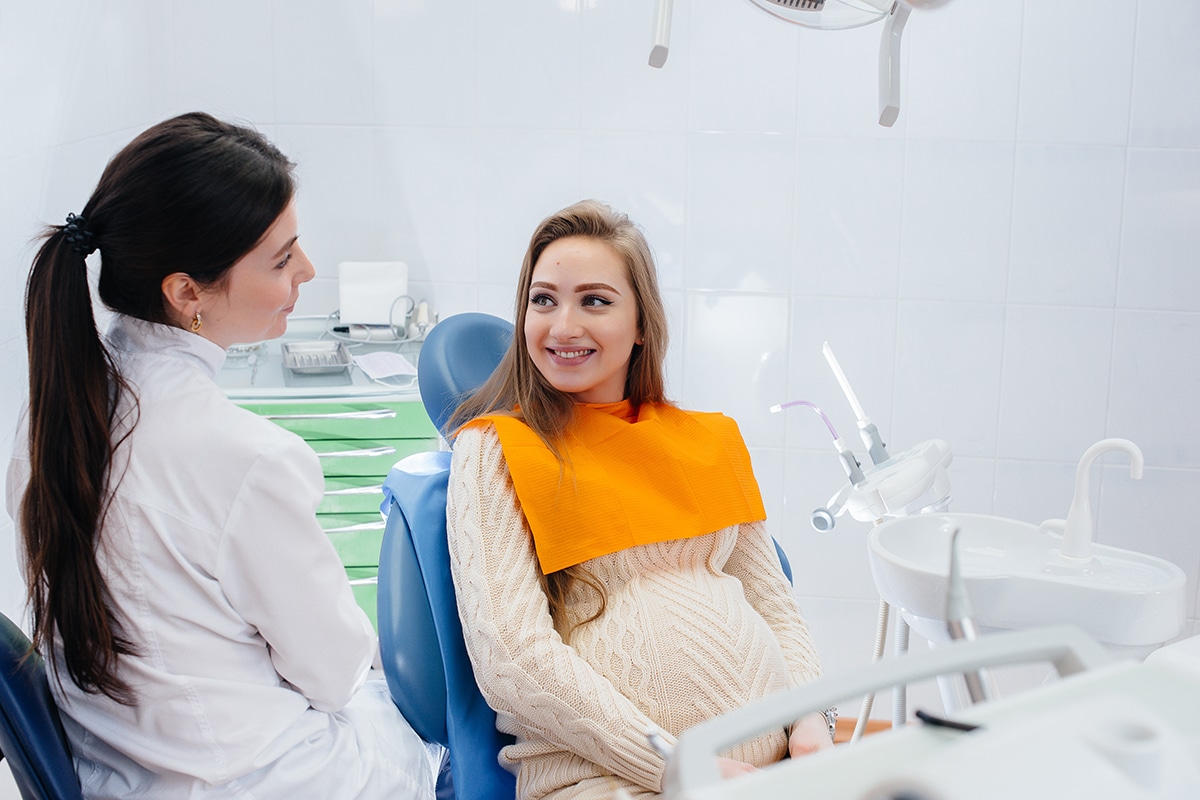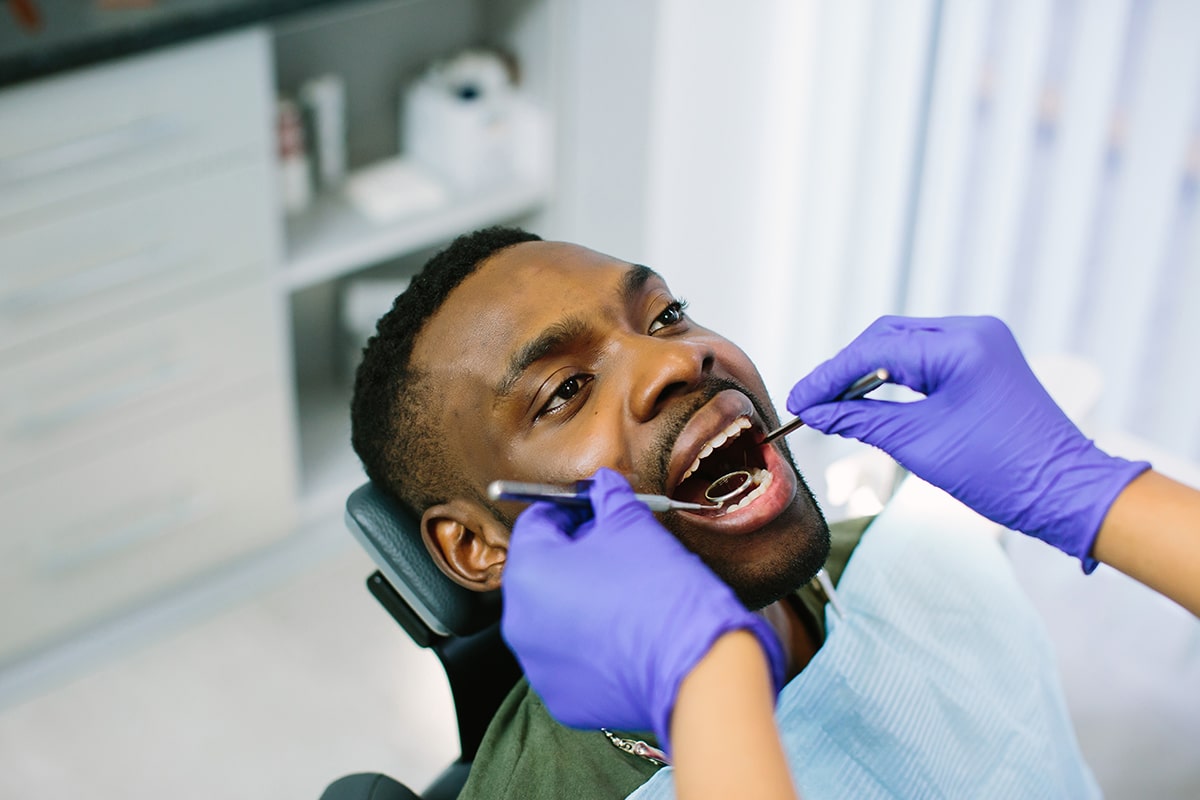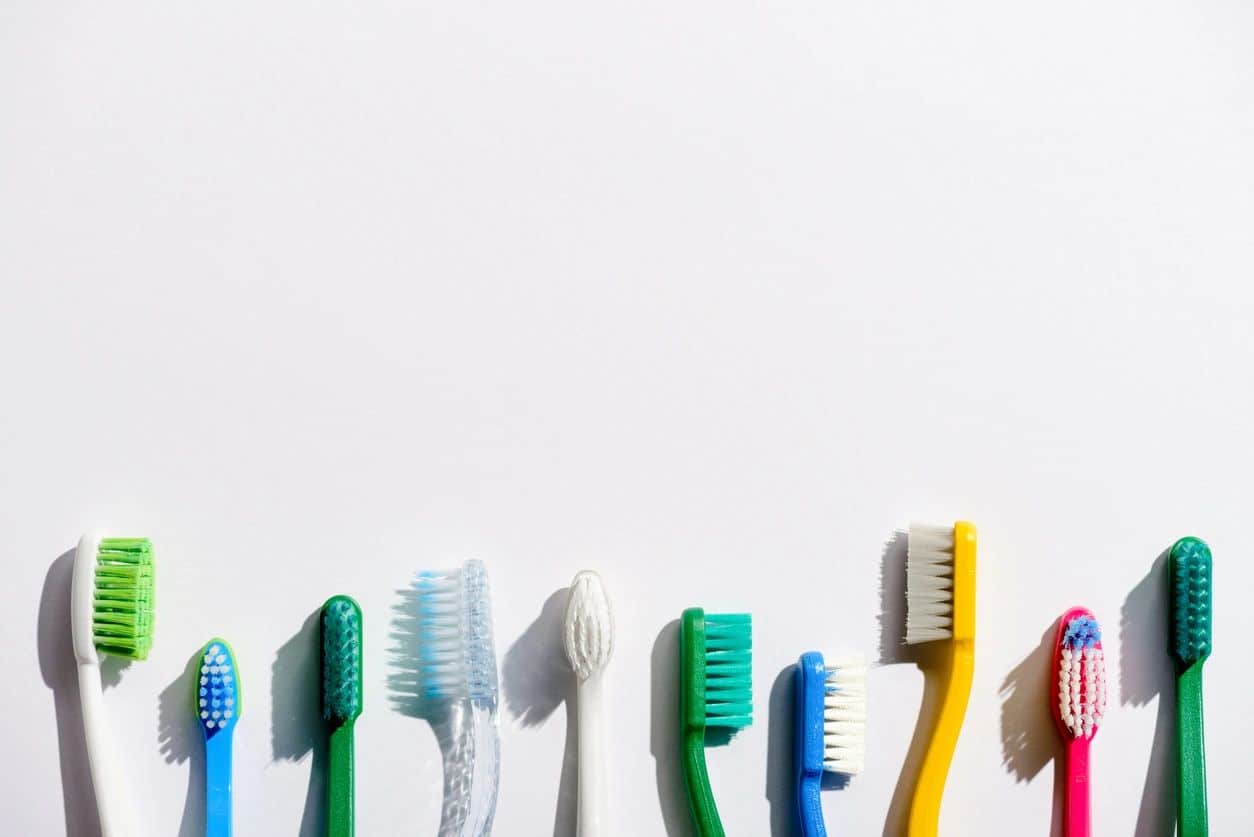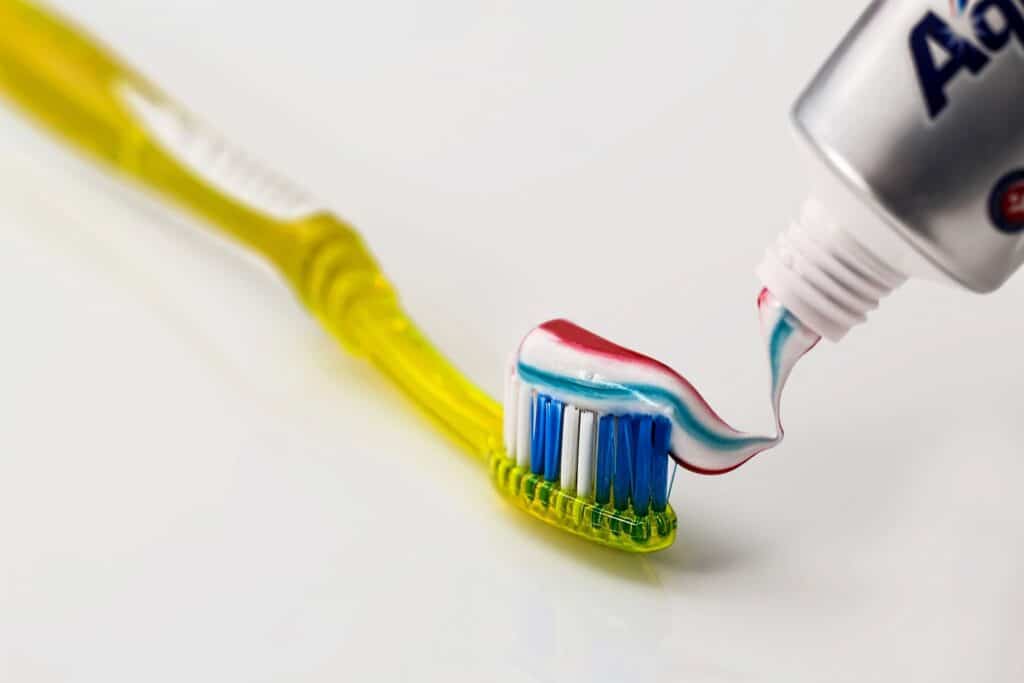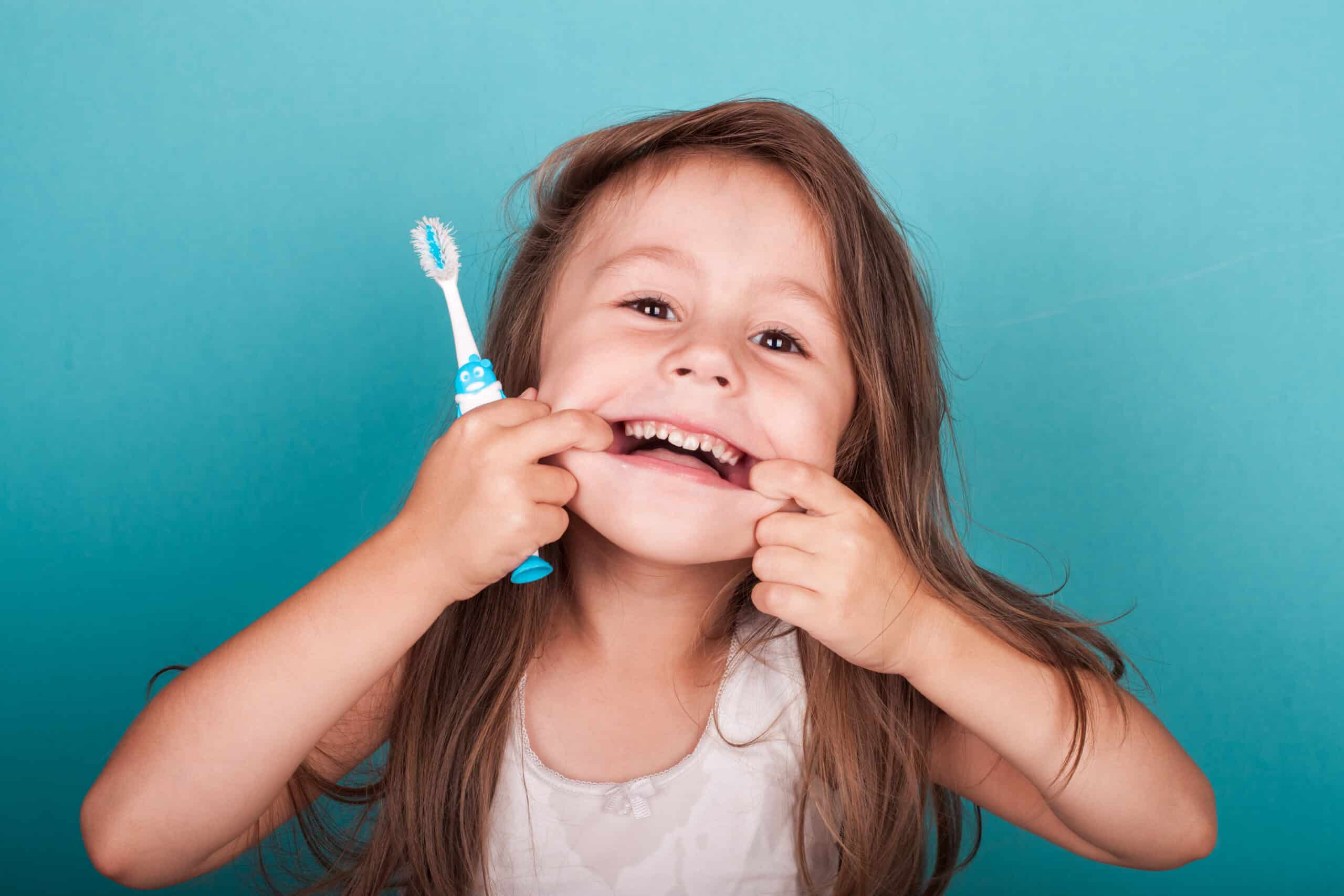Chewing gum has been around forever. In ancient times, people used to make it from tree sap. Today, there’s essentially an infinite selection of gums that cover all the fruity, cinnamon, or minty options you could imagine.
Although it’s typically found in the candy aisle at the grocery store, chewing gum can actually have surprising health benefits you’ll wish you knew earlier.
Reduce Stress
In a recent study, participants who chewed gum twice a day for two weeks rated their anxiety levels significantly less than their non-chewing counterparts. The reasoning behind this is that the physical act of chewing a piece of gum is calming for most people. As a result, levels of the stress hormone cortisol are reduced, and overall feelings of stress and anxiety decline as well.
Increase Alertness and Memory
Brain activity happens in a part of your brain called the hippocampus. When you’re chewing gum, the activity is sparked in the hippocampus and delivery of oxygen to the brain can increase 25-40%. The result is more alertness, less fatigue, and an increase in memory.
Lose Weight
Right off the bat it’s important to note that whether or not chewing a piece of gum is going to lead to long term weight loss. However, certain studies have shown that chewing gum can help you lose a few pounds. You will burn additional calories through the act of chewing gum. The biggest effect in regards to weight loss is the decreased snacking! Snacking for entertainment or taste is something that we all do, but sitting at your desk with a bag of chips everyday can be harmful to your waistline. Swapping the salty snack with a stick of your favorite gum is going to eliminate weight gain from excess snacking.
Protect Your Teeth
Chewing gum can protect your teeth in a myriad of ways. First, you’ll want to opt for sugar-free options, preferably with xylitol. While sugary gum can actually aid tooth decay, xylitol is the most effective way to protect your teeth with gum. Xylitol prevents the growth of bacteria that causes tooth decay. Chewing gum after a meal has even more benefits. It increases saliva flow which will help wash away harmful sugars and food debris. After a meal, it’ll help neutralize and wash away the acid. The combined effects of chewing sugarfree gum will protect your teeth from plaque buildup and decay.
Bottomline
Opt for a pack of sugar-free gum with the ADA Seal (preferably with xylitol) and you’ll start reaping the benefits of chewing gum beyond fresher breath. While chewing gum won’t drastically change your life, it will help reduce stress and snacking while increasing alertness and tooth protection.


